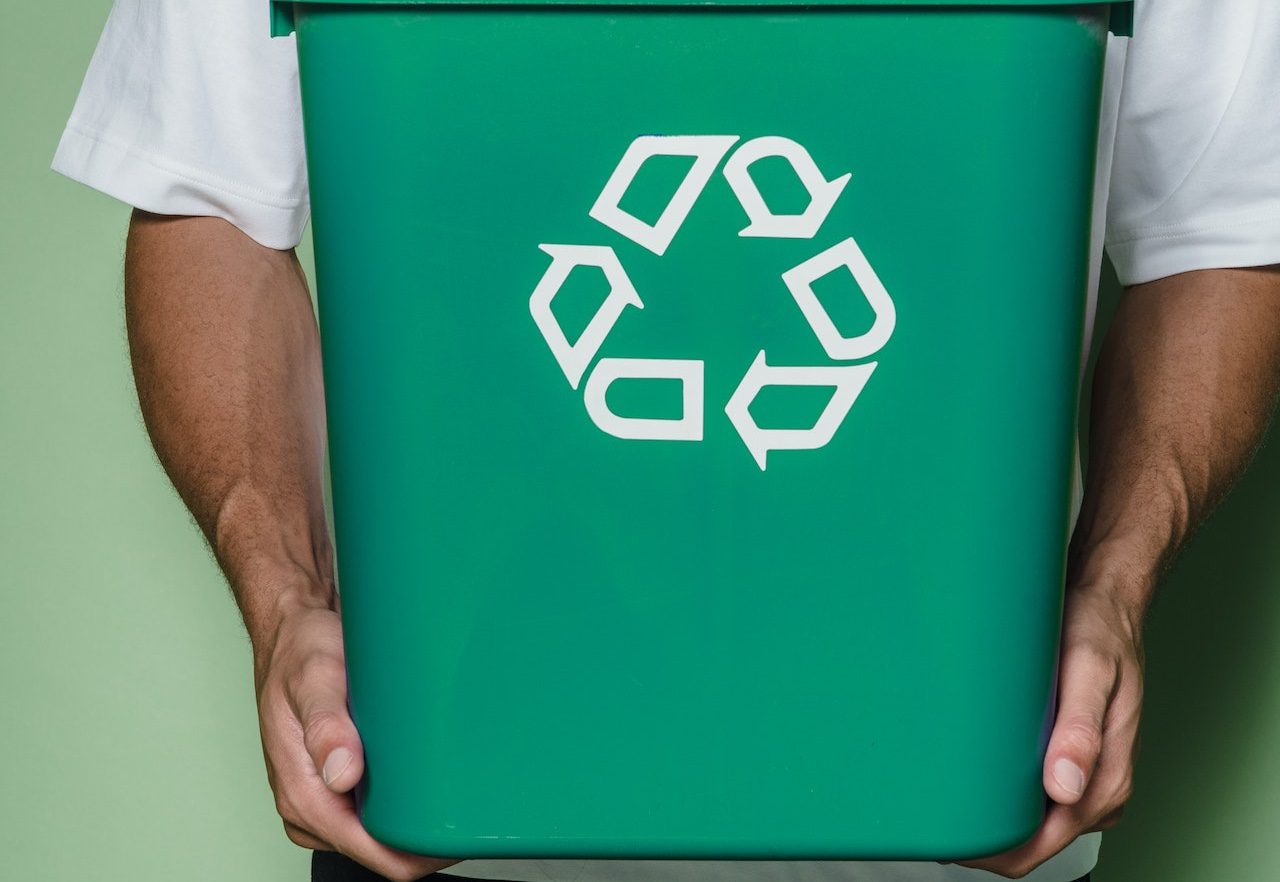Separating Waste For Recycling As A Business
Separating waste for recycling is key for businesses. This ensures that materials are correctly sorted to enter the recycling process, and will not hinder the method used.
When waste is properly separated, recyclable materials can be processed and reintroduced into the production cycle, reducing the need to extract new raw materials from the environment. This helps in conserving natural resources and reduces the environmental impact of mining and extraction processes.
Navigating waste management can be a complex task for businesses. But with a clearer understanding and structured approach, recycling can become a streamlined process.
Let’s delve into how your business can effectively separate waste for the sorting process when recycling.
Know Your Business Waste
Businesses generate a unique set of waste compared to households, from office supplies like newspapers and magazines to industrial by-products.
Cardboard and Paper: These materials must be kept separate from waste such as plastics. You should flatpack and bale cardboard waste for ease of transport.
Food Waste: From office kitchens or canteens, keep organic waste separate. Consider starting a compost initiative.
Plastic Waste: Compacting this waste and creating a designated area for collections will ensure materials are not mixed. Not only will this increase the success in recycling but also help you earn rebates.
The Art of Pre-Sorting
Pre-sorting is even more essential for businesses because of the volume of waste. Taking the time to pre sort can significantly enhance the efficiency of the recycling process and the quality of recycled material.
Navigating Hazardous Waste
Businesses often generate hazardous waste. Materials like electronic waste, chemicals, and industrial solvents have specific requirements to be separated and disposed of responsibly. Ensure your team is trained on this not only for disposal processes but also safety.
Ensuring Premium Recycled Material
To achieve high-quality recycled output:
- Clean and rid containers of residues, especially those made of glass, plastic, and metal.
- Educate your staff about what’s recyclable and what’s not.
- Engage in regular training sessions to keep everyone updated on recycling best practices.
Why Segregating Waste Is Essential
For businesses, waste separation and recycling isn’t just about environmental responsibility; it’s also about efficiency and reputation. By properly sorting materials, companies not only contribute positively to the environment but also showcase their commitment to sustainable practices.
Separating business recycling can increase the rebate for a variety of reasons:
Purity of Materials: When recycling materials are separated at the source, they tend to be cleaner and more pure. This reduces the amount of contamination, which can degrade the quality of the recycled material. Higher quality materials can be sold for higher prices in the recycling market, leading to greater rebates.
Reduced Processing Costs: Mixed recycling often needs to be sorted at the recycling facility, which incurs additional costs. When businesses pre-sort their recyclables, these processing costs can be minimised, resulting in savings that can be passed back to the business in the form of rebates.
Volume: Some recycling facilities might offer volume-based rebates. By separating and thus accurately measuring the amount of each recyclable, businesses might be able to demonstrate a higher volume of a particular material, leading to larger rebates.
Encouraging Responsible Behaviour: To encourage recycling and environmentally responsible behaviour, some municipalities or recycling companies might offer higher rebates to businesses that separate their recyclables. This acts as an incentive for businesses to be more diligent in their waste management practices.
Transparency and Accountability: When recyclables are separated, it’s easier for a business to track the amounts and types of materials they’re recycling. This transparency can be useful for sustainability reporting, corporate social responsibility goals, or for qualifying for environmental certifications or awards.
Regulatory Compliance: In certain jurisdictions, there may be mandates or regulations in place that require businesses to separate their recyclables. In such cases, rebates might be structured to ensure compliance.
Promotion of Recycling Culture: When businesses separate their recycling, it often fosters a culture of environmental awareness among employees and stakeholders. This culture can further improve recycling rates, potentially leading to even larger rebates over time.
We Offer Business Recycling Services
Bailey’s Skip Hire & Recycling is here to assist businesses in the Corby and Northamptonshire area, making the recycling process as seamless as possible! We provide commercial waste recycling services allowing your business to boost recycling rates and green credentials.




